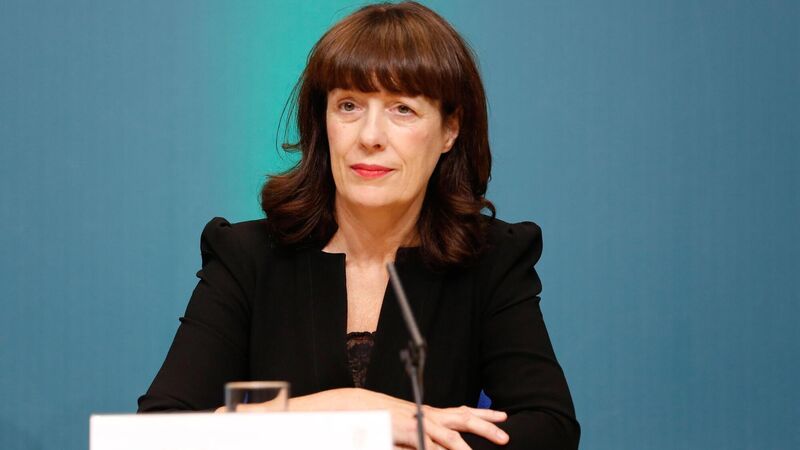Sláintecare director resigns as report shows 'significant challenge' in tackling waiting lists

The executive director of Sláintecare, Laura Magahy, has announced her resignation, and will leave along with chairperson Dr Tom Keane who will leave the programme as his term as chair is ending. File picture: RollingNews.ie
The director of the Sláintecare programme has resigned, as a progress report shows a “significant challenge“ to tackling the more than 900,000 people languishing on waiting lists.
Executive director Laura Magahy left her post yesterday.










